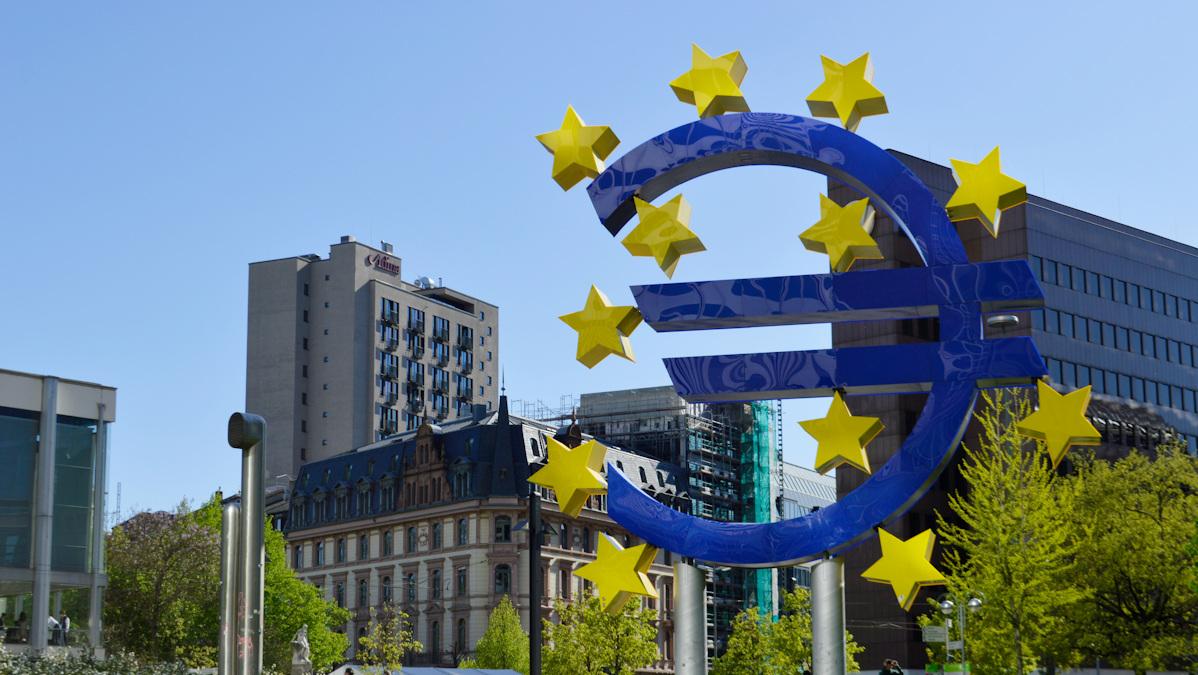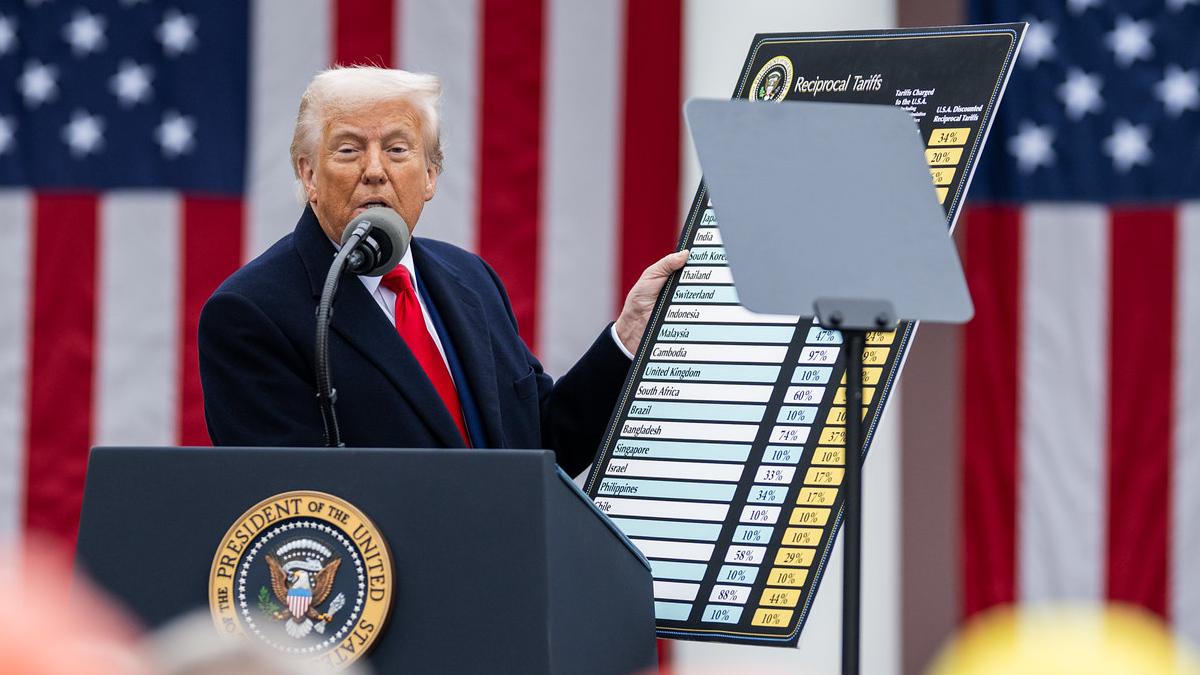Pharma warns EU of "exodus to US" without reform

At the same time that Donald Trump was saying that a "major tariff" on pharmaceuticals is coming to force more manufacturers to relocate to the US, pharma leaders told the EU that – without reforms – the bloc could lose out on capital investment programmes and R&D spending.
The US president has yet to disclose any details about the tariff plan but – even before those emerge – chief executives of some of the biggest drugmakers in Europe warned that research, development and manufacturing are "increasingly likely to be directed towards the US," according to the European Federation of Pharmaceutical Industries and Associations (EFPIA).
The results of a survey carried out by EFPIA of 18 of its member companies, were presented to European Commission president Ursula von der Leyen at a meeting yesterday. It showed that without "rapid, radical policy change" a massive chunk of the almost €165 billion capital investment and R&D expenditures currently planned for the 27 EU member states in the next five years will be at risk of being diverted to the US.
That includes 85% of around €50.6 billion in capital projects and up to 50% (approximately €52.6 billion) of R&D spending, according to the poll.
It also suggested that this is no long-term risk – respondents said that a total of €16.5 billion i.e. 10% of the total investment plans is at risk within the next three months as Trump's tariffs – which kicked in fully this morning, including a ramped-up 104% rate on China – start to have an impact.
"The US now leads Europe on every investor metric from availability of capital, intellectual property, speed of approval to rewards for innovation," said EFPIA in a statement on the findings. "In addition to the uncertainty created by the threat of tariffs, there is little incentive to invest in the EU and significant drivers to relocate to the US."
The trade organisation is calling for a regulatory framework that rewards innovation and has strong intellectual property protections, in what appears to be a rebuff to a reform package making its way through the EU legislature that the industry has argued will compromise competitiveness and patient care.
It also called for "policy coherence across environmental and chemical legislation to secure a resilient manufacturing and supply chain of medicines in Europe."
After yesterday's meeting, von der Leyen said that pharma leaders raised strong concerns about US tariffs and their impact on globally interconnected supply chains and the availability of medicines for European and US patients alike.
She also acknowledged there had been calls for a simplification of procedures in particular for clinical trials and digitalisation of the European health system, as well as for stronger IP protections, and indicated that there was support from the industry for a "negotiated solution" with the US.
Pharmaceuticals are currently exempt from Trump's tariffs but, according to remarks made by the president in the last 24 hours, they will be subject to a separate individual levy that will be announced shortly.
"The advantage we have over everybody is that we're the big market," he said in a speech to the National Republican Congressional Committee dinner last night, during which he also said that world leaders are "calling us up, kissing my ass" to try to reach deals to mitigate the tariffs, without mentioning any specific countries.
"We're going to put tariffs on our pharmaceuticals and once we do that, they're going to come rushing back into our country because we're the big market," claimed Trump.
Photo by Farah Almazouni on Unsplash












